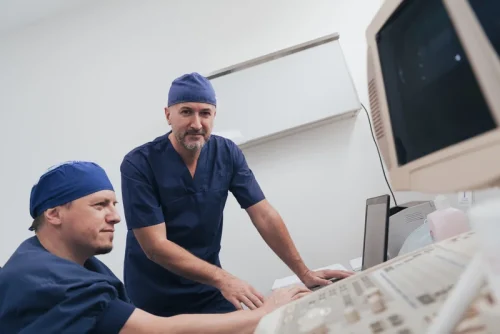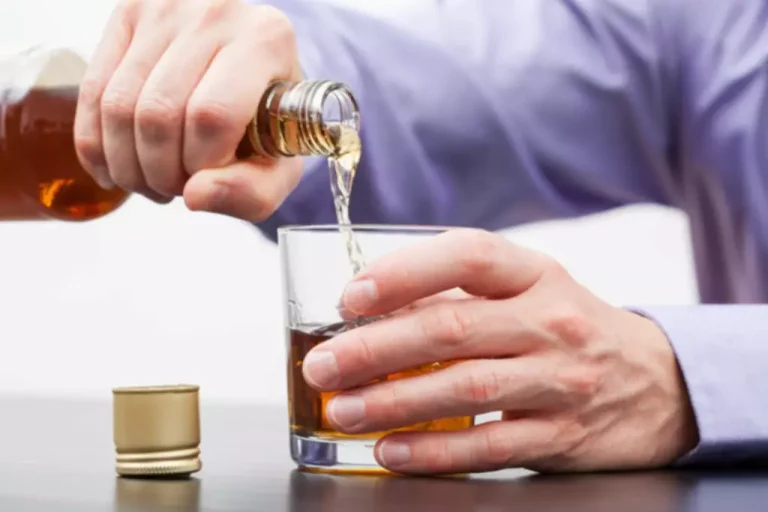
Consuming alcohol on an empty stomach causes rapid intestinal alcohol absorption, amplifying the dehydrating effects of alcohol. If you stop making urine, your urine is very dark, or you have symptoms that are bad enough to impact your normal functions, go to an urgent care or emergency room for treatment and fluid replacement. does drinking beer cause dehydration The legal blood alcohol concentration limit in the United States is 0.08%.
- BetterHelp offers affordable mental health care via phone, video, or live-chat.
- However, it is clear that EtOH-induced diuresis is not always the cause of thirst sensation following heavy-alcohol drinking.
- But you can certainly ensure you are as hydrated as possible before consuming alcohol.
- However, alcohol’s dehydrating effects will be somewhat reduced in some of the “lighter” alcoholic drinks.
- You can get that amount from 12 ounces of beer with 5% alcohol, 8 ounces of malt liquor with 7% alcohol, one shot (or 1.5 ounces) of hard liquor with 40% alcohol, or 5 ounces of wine with 12% alcohol.
Consider electrolyte replacement
It might feel like you’re staying hydrated because they go down smoother than drinking spirits on the rocks, but the alcohol is still dehydrating you. Staying hydrated can be tricky when you’re sick, particularly when experiencing vomiting and diarrhea. Switching to a diet of clear liquids and replacing lost fluids and electrolytes with sports drinks can help. If you or your child experience symptoms of severe dehydration, seek immediate medical attention.

What Is Energy Drink Addiction?

This water will come from stores within your body (muscle cells, fat cells etc). The more you drink, the larger the water debt you are creating. You may have £500 saved, but after 101 days your savings will be gone.
Stick to drinks with lower alcohol content
Since alcohol travels through the bloodstream, it can travel to other areas of our body including the pituitary gland in our brain. The pituitary gland is responsible for regulating our growth, metabolism, and reproduction by creating and regulating hormones. When alcohol reaches the pituitary gland, it blocks the creation of vasopressin, which is known as the antidiuretic hormone or the hormone that helps us retain fluid in our body. Blocking this antidiuretic hormone causes fluids to pass directly through the kidneys to our bladder, which is why we have to pee way more while drinking alcohol. This effect is why alcohol is often thought of as a diuretic.
- Higher sugar intake causes the cells in the body to transfer more water and increase urination.
- Additionally, the sugar in energy drinks causes a rapid blood sugar spike followed by a crash, leading to repeated cravings for another boost.
- Dehydration occurs when you cannot consume enough fluids to keep up with your losses.
- Excessive urination from drinking alcohol causes your body to lose electrolytes, which are important minerals involved in many bodily functions, including nervous system function (4).
- Drinks with high sugar content or caffeine combined with liquor in mixed drinks can make symptoms worse for some.
You might drink less than you need if you feel sick or nauseated, have limited access to fluids, or don’t drink enough fluids when you spend time in the heat or exercise more than usual. These include times of illness (like when you have a fever), during and after exercise, in hot climates, and or when you are experiencing digestive issues like diarrhea and constipation. Mind you, you’ll be a bit better off than if you didn’t drink any extra water at all, but you’ll still be dehydrated.
- He obtained his medical degree from West Virginia University where he also completed his residency training, finishing as chief resident.
- Drinking 2–3 cups of coffee a day may be an acceptable practice to maintain moderate coffee consumption.
- Chronic alcohol consumption can also lead to a deficiency in vitamin B1 (thiamine), potentially resulting in serious neurological disorders like Wernicke-Korsakoff syndrome, she adds.
- If you’ve been drinking and are experiencing alcohol dehydration symptoms, you need to restore your body’s fluid balance.
- Receive encouragement from people worldwide who know exactly what you’re going through!
- Energy drinks are addictive primarily due to their high caffeine and sugar content.
What are the symptoms of mild to moderate dehydration?
In addition to water loss, drinking alcohol can also lead to electrolyte imbalance—especially sodium. Alcohol consumption lowers your sodium levels, primarily because of low solute (protein and salt) intake as compared to free water intake. Under normal conditions, the kidneys require solute to excrete free water.
You can get that amount from 12 ounces of beer with 5% alcohol, 8 ounces of malt liquor with 7% alcohol, one shot (or 1.5 ounces) of hard liquor with 40% alcohol, or 5 ounces of wine with 12% alcohol. The splitting headache after a night of drinking is thought to be partly due to the way alcohol causes dilation and constriction of your blood vessels. But dehydration will make that headache worse and leave you feeling even more fragile. Have your friends at the bar ever joked you were “breaking the seal” as you headed to the toilet?

- It’s hard for me to weigh in on this subject as I am not a historian!
- Sipping on one whisky all evening will likely mean you ingest less alcohol overall than three or four standard glasses of wine.
- Adopting these healthier alternatives helps individuals reduce reliance on energy drinks while supporting overall well-being.
- However, alcohol is more complicated, and consumption of alcoholic beverages may not give you a hydration boost.
According to the CDC, heavy drinking equates to more than three drinks per day or eight drinks per week for females and more than four drinks per day or 15 drinks per week for males. Consuming alcohol carries other health risks besides dehydration. These risks change depending on how much alcohol a person consumes and how often. Alcohol can cause dehydration, disrupt sleep, interfere with energy production, and alter the body’s acid-base balance, all of which impact overall health and well-being. Rehydrating after consuming alcohol helps alleviate dehydration and can reduce the likelihood of a hangover.